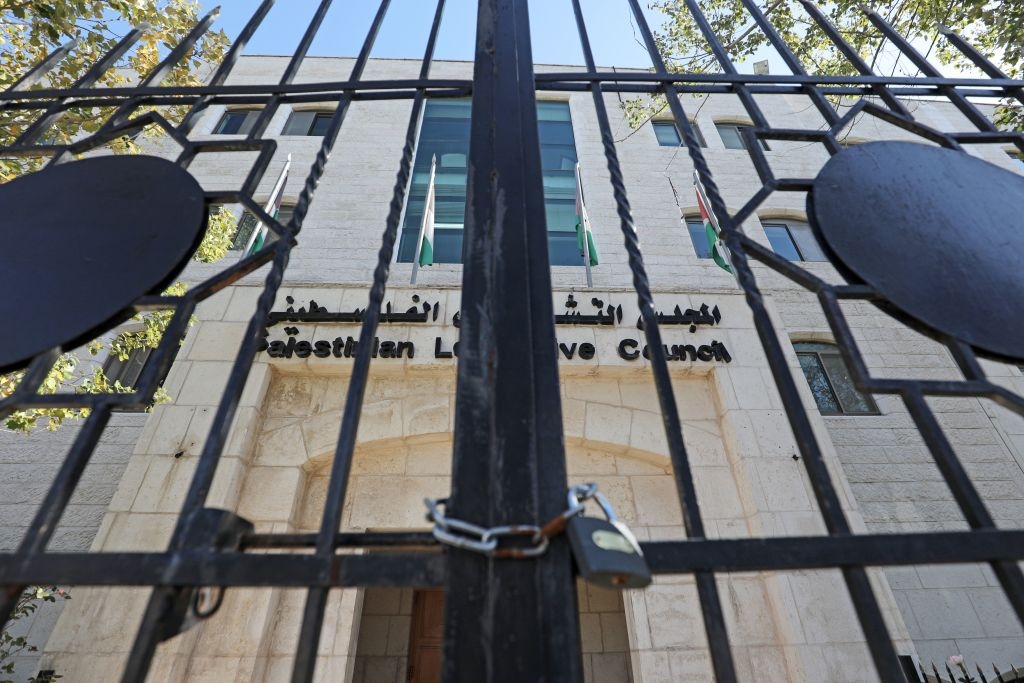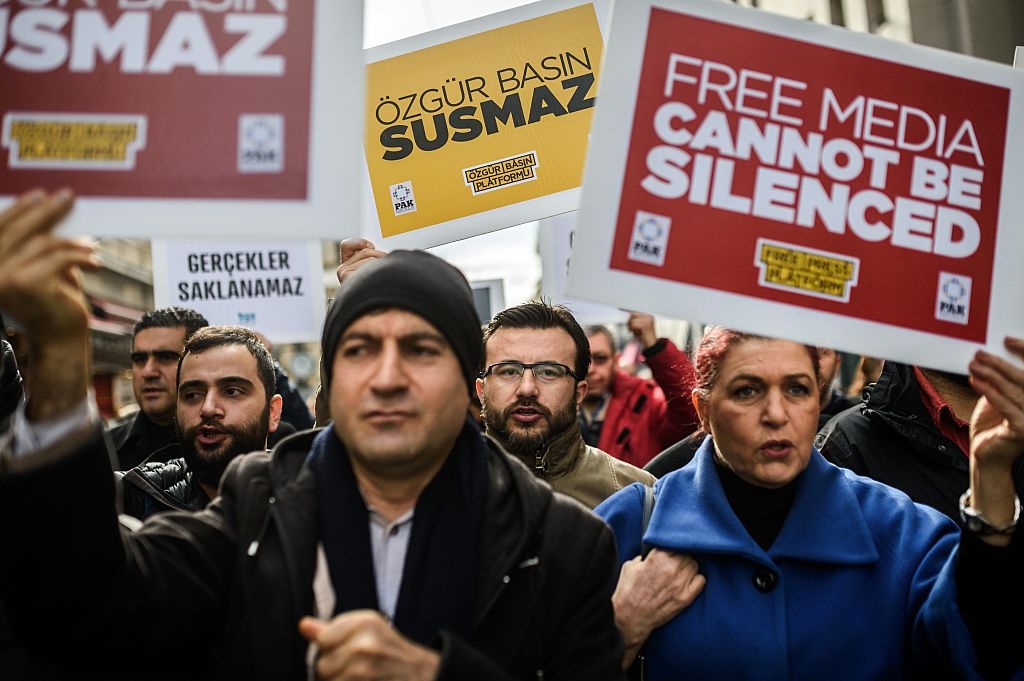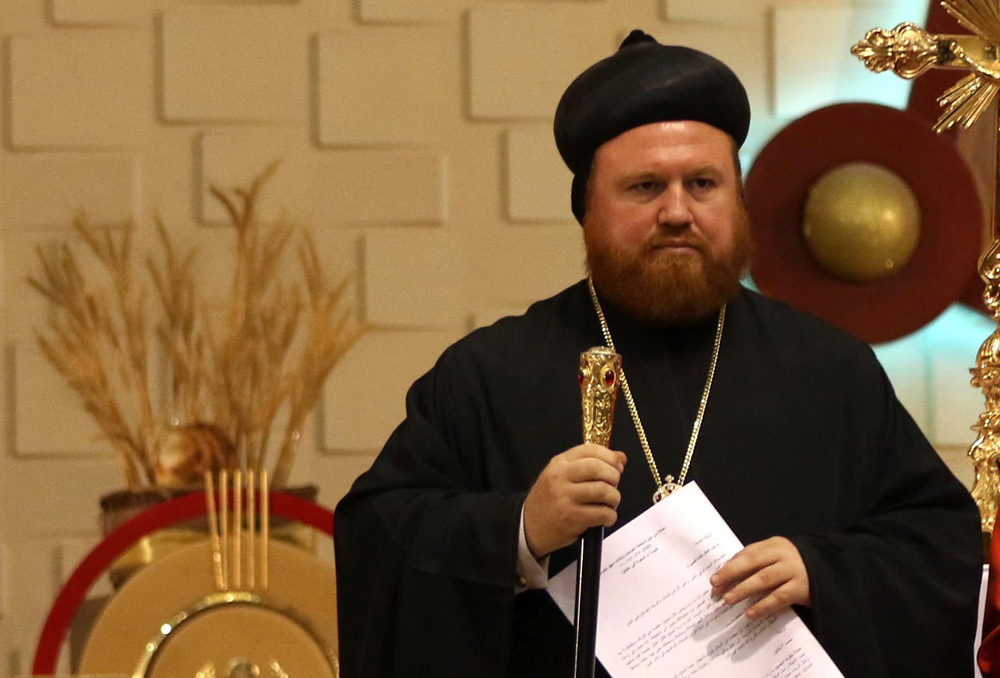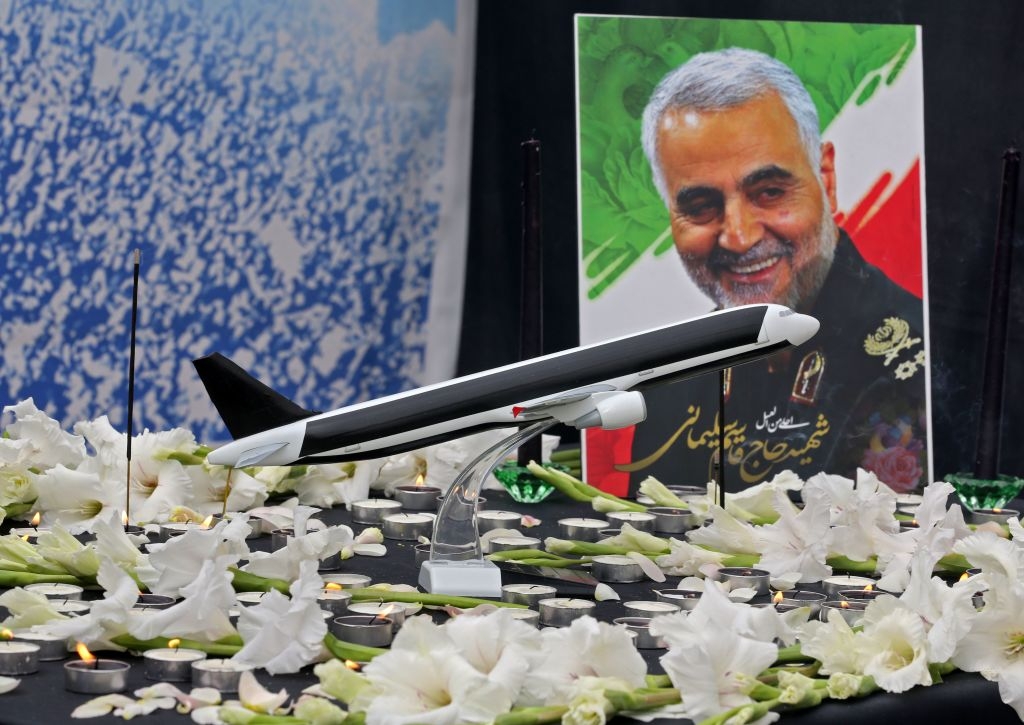In this mailing:
- Khaled Abu Toameh: Palestinian Elections: How Abbas and Europe Are Trying to Blame Israel
- Burak Bekdil: Turkey's 'Truthophobia'
by Khaled Abu Toameh • January 27, 2020 at 5:00 am
The last time there were Palestinian elections, Hamas won in a landslide. Even if Israel does agree to allow Arab residents of Jerusalem to take part in the Palestinian elections, Abbas will undoubtedly find another excuse to continue his policy of foot-dragging.
Abbas and his senior officials in Ramallah have, in fact, turned the PA into a private fiefdom. They have no functioning parliament, no free media, and no open debate. The only people Abbas consults with are his "yes-men" who appear to agree with every word he says. This is how Abbas likes matters, and he obviously sees no reason why Palestinians should waste money and energies on new elections as long as they have him as president for life.
As long as Abbas can use the issue of the elections to denounce Israel, why not do so? His friends in the European Union would be more than happy to join him in skewering Israel for not allowing Palestinian elections (if that turned out to be the case). Many EU representatives are Abbas's useful idiots, gladly parroting his every anti-Israel pronouncement.

The Palestinians have been without a functioning parliament since Hamas's violent takeover of the Gaza Strip in 2007. The parliament building is still standing, dusty and unused, in Ramallah, and Palestinian parliament members have continued receiving salaries although they have been doing nothing. (Photo by Abbas Momani/AFP via Getty Images)
This month, Palestinian Authority President Mahmoud Abbas entered the 16th year of his four-year-term in office. Abbas, who was elected to succeed Yasser Arafat in January 2005, has since avoided holding a Palestinian presidential election, each time using a different excuse. While in the past he used to blame his rivals in Hamas for the failure to hold a new election, Abbas is now trying to hold Israel responsible. His attempt seems to be supported by some Europeans.
Abbas's four-year tenure ended in January 2009. Two years earlier, Hamas had violently seized control of the Gaza Strip, by ousting Abbas's Palestinian Authority (PA) regime and throwing some of his loyalists from the top floors of tall buildings.
Back then, Abbas's excuse may have sounded convincing: he and his senior PA officials argued that there was no chance Hamas would allow a free election in the Gaza Strip.
by Burak Bekdil • January 27, 2020 at 4:00 am
The ways through which the Turkish state silences dissent are typical of the unfree world.
A clear majority of Turks think that their rights are systematically violated and that they are not equal before law. Then half of them keep voting for Erdoğan (and his allies). These two facts point to a third, and unpleasant conclusion: Millions of Turks know that their country is not free and just, but they keep voting for the leader who is responsible for the gross democratic deficit...
This is a bad message to Erdoğan: You will keep winning votes no matter how maliciously you crush dissent. We are with you and your undemocratic rule.

The ways through which the Turkish state silences dissent are typical of the unfree world. According to the left-wing Birgün newspaper, 5,223 people stood trial on the charge of "insulting the president" in 2018, with journalists often being singled out. Pictured: A protest in Istanbul against the imprisonment of journalists in Turkey, on January 10, 2016. (Photo by Ozan Kose/AFP via Getty Images)
In 2014 the government of Turkey's strongman Recep Tayyip Erdoğan banned YouTube and Twitter, fearing that millions of young Turks could otherwise read "dangerous content" on social media. The Constitutional Court declared the bans unconstitutional. In 2017, the Turkish government banned Wikipedia. That ban was removed only recently, after two and a half years. It is not that Wikipedia is a reliable source of information. Banning it altogether is a rogue state behavior. It is not, however, only about Wikipedia: in Turkey, truth, regardless of its source, is feared and often banned.
The World Report 2020, released by the Human Rights Watch, drew a realistic yet gloomy picture of civil liberties in Turkey:
by Giulio Meotti • January 26, 2020 at 5:00 am
The Bishops' Conference of Nigeria described the area as "killing fields", like the ones the Khmer Rouge created in Cambodia to exterminate the population.
"We are Aramaic people and we don't have this right to have anyone protect us? Look upon us as frogs, we'll accept that -- just protect us so we can stay in our land". — Nicodemus Daoud Sharaf, the Syrian Orthodox Archbishop of Mosul the capital of Iraqi Kurdistan, home to many of the Christians who fled jihadis, National Catholic Register, April 7, 2017.
In an era of round-the-clock information... the abominations suffered by Christians have been left without images, while the brutality against the Chinese pig was streamed all over. Christians are an endangered species; pigs are not.
One of the last Nigerian Christians was executed by an Islamic State child soldier. Slaughterhouses' workers go on trial in France for abuses to animals. But the same France has already repatriated more than 250 ISIS fighters, the same people who turn Iraqi churches into slaughterhouses.

"The world prefers to worry about pandas rather than about us, threatened with extinction in the land where we were born", said Nicodemus Daoud Sharaf (pictured), the Syrian Orthodox Archbishop of Mosul as well as a refugee in Erbil, the capital of Iraqi Kurdistan, home to many of the Christians who fled jihadis. (Photo by Safin Hamed/AFP via Getty Images)
First there was the beheading of 11 Nigerian Christians during the recent Christmas celebration. The next day, a Catholic woman, Martha Bulus, was beheaded in the Nigerian state of Borno with her bridesmaids, five days before the wedding. Then there was a raid on the village of Gora-Gan in the Nigerian state of Kaduna, where terrorists shot anyone they met in the square where the evangelical community had gathered, killing two young Christian women. There was also a Christian student killed by Islamic extremists who recorded his execution. Then pastor Lawan Andimi, a local leader of the Christian Association of Nigeria, was beheaded.
"Every day", says Father Joseph Bature Fidelis, of the Diocese of Maiduguri, "Our brothers and sisters are slaughtered in the streets. Please help us not be silent in the face of this immense extermination that is taking place in silence".
by Amir Taheri • January 26, 2020 at 4:00 am
The first of these is that Iranians as a nation are united behind Khomeini's messianic regime and ready to put up with poverty, injustice and even oppression in order to keep "The Revolution" alive. Over the past few years that fantasy has been punctured by almost continuous protests, strikes and socio-political turmoil at various levels throughout Iran.
For years, that [second] fantasy has been fed by foreign leaders and groups who have revived the ancient industry of flattery in a new form.... The idea that a majority of Lebanese, Iraqis, Yemenis and Syrians love the Islamic Republic and adulate Khamenei may still deceive the "Supreme Guide". But more and more Iranians now realize that Khamenei, and through him, the Islamic Republic as a whole, have been sold a bill of goods.
The third fantasy in the fable of which Soleimani is but the latest propagator-cum-victim, is that the Islamic Republic's strategy of "exporting the revolution is virtually cost free and that, shaking in fear, the rest of the world won't dare oppose it.... That fantasy was generously fed by people like former US President Barack Obama and former European Union foreign policy tsarina Federica Mogherini who, perhaps with good intentions, treated the Islamic Republic like an unruly teenager who should be cajoled into more reasonable behavior through kind inducements rather than parental punishment
This means that news from the Islamic Republic is not as bad as sober heads in Tehran believe. It is much worse.

For Iran to continue to live, and hopefully even prosper, one must hope and pray for the end of the strategy of which General Qassem Soleimani was the poster-boy. (Photo by Atta Kenare/AFP via Getty Images)
"He died, so that Iran lives!' This is the slogan attached to posters and T-shirts distributed in Tehran as the Islamic Republic prepares to mark the 40th day of General Qassem Soleimani's "martyrdom" in accordance with religious mourning traditions.
Whoever invented the slogan may not have known about the Persian literary device known as "iham" or double-entendre that enables the poet or writer to say something that might sound as if he intended the opposite.
The Tehran slogan writer must have hoped to persuade the Iranians that Soleimani somehow sacrificed himself in order to ensure Iran's continued existence. However, the slogan could also be read as a statement that for Iran to continue to live, it was imperative that Soleimani should die.
|
|
|
No comments:
Post a Comment